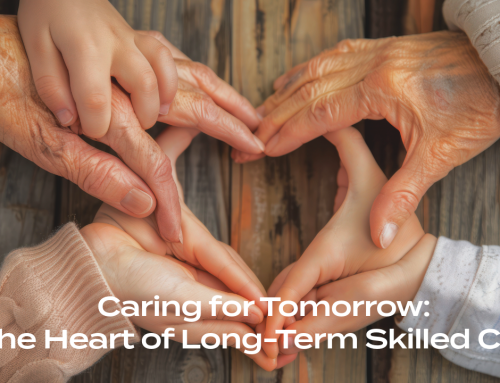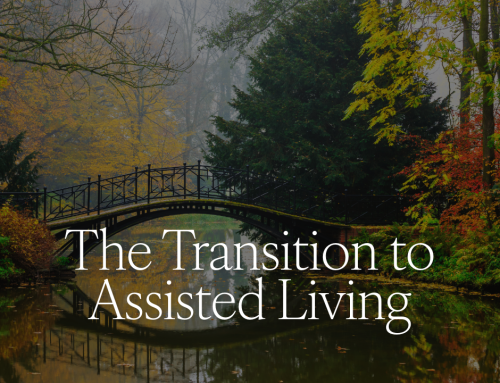Choosing the right assisted living facility for a loved one is a significant decision that requires careful consideration and research. With so many options available, it’s crucial to know what to look for to ensure they find a supportive and nurturing environment. At Matulaitis Rehabilitation and Skilled Care, we want to help you through this process by highlighting key factors to consider when evaluating assisted living communities.
Safety First
The safety of your loved one should always be the top priority. Look for facilities that provide a secure environment, complete with safety features like handrails, non-slip flooring, and emergency call systems. Assess how the staff conducts safety checks, and inquire about protocols in place for emergencies and medical situations.
Quality of Care
Research the qualifications and training of the staff members at each facility. It’s essential to find a community with skilled and compassionate caregivers who prioritize the well-being of residents. Ask about staff-to-resident ratios and how often caregivers receive training to stay current with best practices in elderly care.
Engaging Activities
A vibrant community offers resident activities that promote socialization and engagement. Explore the variety of programs available, such as fitness classes, art workshops, and social outings. A facility that encourages participation in activities can significantly enhance your loved one’s quality of life.
Nutrition and Dining Options
Nutrition plays a key role in maintaining health, so consider how meals are prepared and served. Inquire about meal plans, options for special dietary needs, and whether residents can have input on menu choices. Evaluating the dining experience is important, as it adds to the comfort and satisfaction of residents.
Cleanliness and Maintenance
A clean and well-maintained environment is essential for resident comfort and safety. Take note of the facility’s cleanliness during visits, including common areas and individual living spaces. Ask about their housekeeping policies and how they manage maintenance issues.
Community Atmosphere
The overall ambiance of the facility can greatly impact your loved one’s happiness. Visit multiple times to get a feel for the environment. Observe staff interactions with residents and how residents engage with one another. A warm, welcoming atmosphere fosters a sense of belonging and community.
Personalization of Living Spaces
Look for communities that allow residents to personalize their living areas. Being able to bring personal items, such as photographs or furniture, can help your loved one feel more at home. Discuss with the facility how they approach personalization and what options are available for residents.
Proximity to Family and Friends
Consider the location of the facility. Proximity to family members and friends can make a significant difference in your loved one’s happiness and comfort. Frequent visits from loved ones can help ease the transition and keep them connected to their support system.
Transparent Pricing
Understanding the cost structure of an assisted living facility is crucial. Ask for a detailed breakdown of fees, including any additional charges for services offered. Be aware of what’s included in the base rate and any variables that could impact the final cost. Clear communication about financial matters is essential for planning and budgeting.
Support for Future Needs
As your loved one’s needs may change over time, inquire about what services and care options the facility can provide as they age. Understanding the range of support available can help ensure continuity of care if their needs evolve.
Finding the right assisted living facility for your loved one is a vital step in ensuring their happiness and well-being. By focusing on these critical factors, you can make an informed decision that supports a fulfilling and positive living environment. At Matulaitis Rehabilitation and Skilled Care, we are here to assist you in your search and provide the guidance necessary for this important journey. Give us a call today to learn more.






